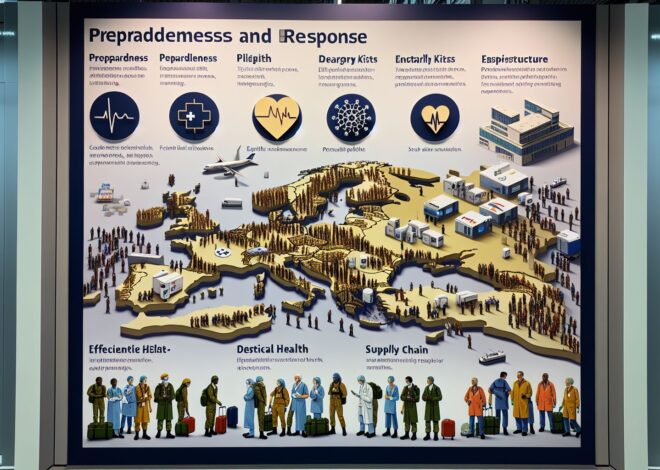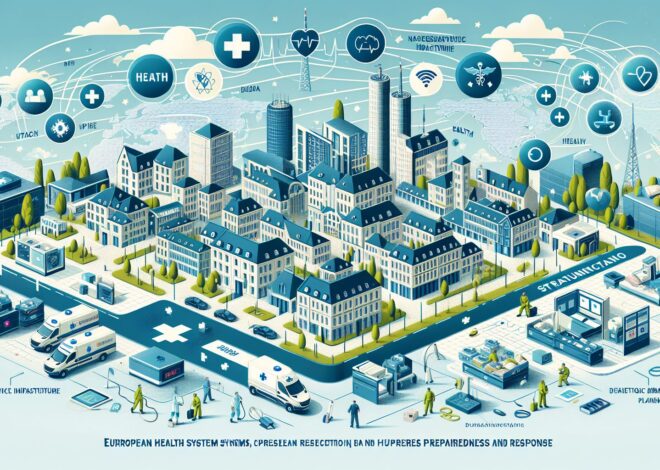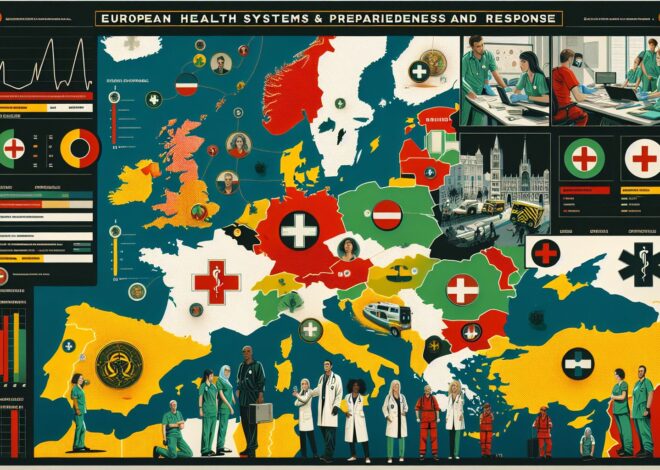
The Preparedness and Response of European Health Systems: An Overview
In the face of the unprecedented challenges posed by the ongoing global pandemic, the preparedness and response of European health systems have been put to the test. Health professionals, policymakers, and concerned citizens have all played crucial roles in this collective effort to mitigate the impact of the virus and ensure the well-being of the population. In this post, we will explore how European health systems have fared in their preparedness and response to the pandemic, and what lessons can be learned for the future.
Preparedness
Preparedness is a key component of an effective response to any health crisis, and European health systems have taken various measures to ensure their readiness. Many countries have invested in healthcare infrastructure, including the construction of temporary hospitals and the procurement of essential medical supplies. Furthermore, health professionals have undergone rigorous training to handle the influx of COVID-19 patients while maintaining the quality of care for other illnesses.
Another crucial aspect of preparedness is the establishment of efficient testing and contact tracing systems. European health systems have collaborated with public health agencies and private laboratories to ramp up testing capacity, enabling early detection and containment of the virus. Contact tracing has also been a priority, with digital tools being utilized to track and monitor the spread of infection.
Response
The response of European health systems to the pandemic has been multifaceted, involving an array of strategies to mitigate the impact of the virus on the population. Health professionals have been at the forefront of this response, working tirelessly to treat patients, conduct research, and disseminate accurate information to the public.
Policymakers have also played a crucial role in shaping the response to the pandemic. Governments have implemented various measures such as lockdowns, travel restrictions, and social distancing guidelines to curb the spread of the virus. Financial support has been provided to businesses and individuals affected by the economic fallout of the crisis, and vaccination campaigns have been launched to immunize the population against COVID-19.
Challenges and Lessons Learned
While European health systems have demonstrated resilience in the face of the pandemic, challenges remain. One of the main issues that have emerged is the unequal distribution of resources and healthcare access, particularly in marginalized communities. Addressing these disparities will be crucial in ensuring a more equitable response to future health crises.
Moreover, the pandemic has highlighted the importance of international cooperation in responding to global health threats. European health systems have collaborated with international organizations and neighboring countries to share best practices, coordinate response efforts, and ensure the efficient distribution of vaccines and medical supplies.
Conclusion
In conclusion, the preparedness and response of European health systems to the COVID-19 pandemic have been a testament to the dedication and resilience of health professionals, policymakers, and concerned citizens. While challenges remain, the lessons learned from this crisis will undoubtedly inform future efforts to strengthen healthcare systems and better respond to emerging health threats. By continuing to prioritize preparedness, collaboration, and equity, European health systems can build a more robust and resilient healthcare infrastructure for all.



